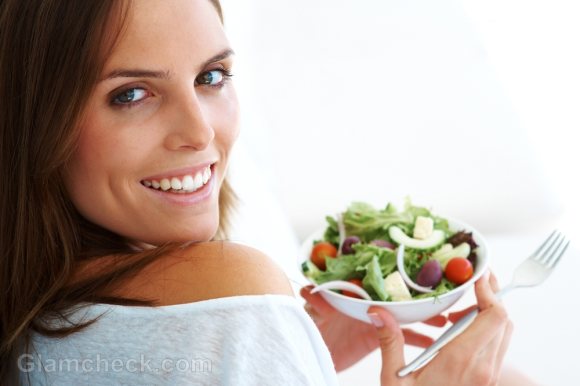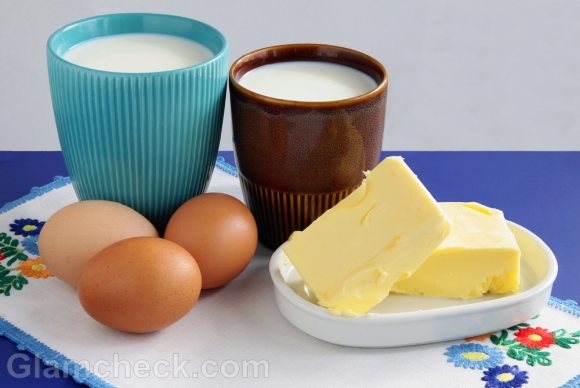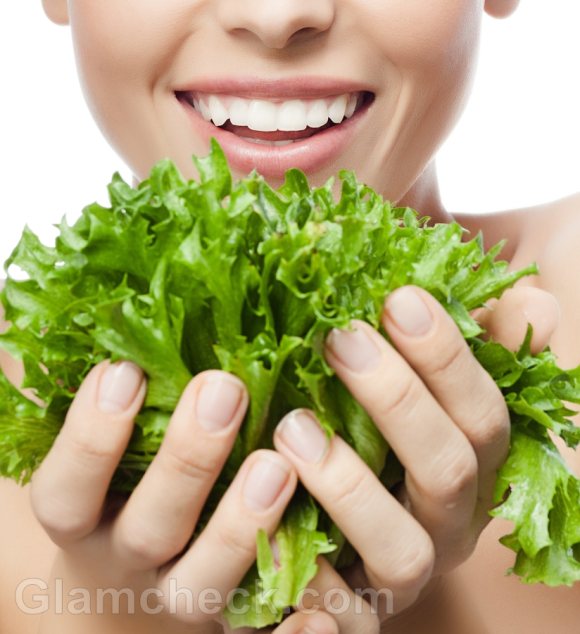Proteins are one of the most important components required for growth and development of the cells and muscles of the body and are rightly termed as ‘Body Builders’. Proteins are probably the most important macro nutrient the body requires and, amino acids are the basic blocks that make up proteins which are essentially the building blocks of the body. There are 23 amino acids in total of which nine are known as essential amino acids. Few of the amino acids are synthesized by the body while the rest have to be included in the diet to prevent any complications arising out of deficiencies.
 Protein is obtained both in the animal as well as vegetable form. The animal form is more popular and is found in abundance compared to the vegetable form. Vegans and vegetarians may have a tough time scouting for high protein foods, but otherwise high protein food items are easily available without much hassle. Most meat and dairy products are rich sources of dietary protein.
Protein is obtained both in the animal as well as vegetable form. The animal form is more popular and is found in abundance compared to the vegetable form. Vegans and vegetarians may have a tough time scouting for high protein foods, but otherwise high protein food items are easily available without much hassle. Most meat and dairy products are rich sources of dietary protein.
Types of Protein Rich Foods
Amino acids are the fundamental constituents of proteins and nine of the necessary amino acids cannot be produced by the body and needs to be supplemented through diet. Foods containing proteins are broadly classifies as First Class and Second Class Proteins.
- First Class Proteins are those items which have sufficient quantities of essential amino acids in their molecular make up. Animal meat as well as dairy products fall under this category and are rich protein sources.
- Second Class Proteins are those which are relatively milder when it comes to protein content and composition. Proteins obtained from vegetable sources belong to this category.
Why Protein is Essential for the Proper Functioning of the Body
Protein, being one of the most important macro nutrients, is required by the body to perform various functions of growth and development. Some of the more important functions include
- Growth and repair of the cells and tissues of the body
- Structural proteins provide support to the tissues. Some of the examples of this type include collagen, that support connective tissues and keratin, that strengthen nails and hair.
- Antibodies that help protect the system from infections are specialized proteins that strengthen the body’s immune system
- Several biochemical processes and reactions that take place in the body are facilitated by enzymes which are essentially proteins compounds
- Proteins also help in transportation of molecules within the body, such as hemoglobin, that helps in transporting oxygen through out the body.
Required Dietary Protein Intake
Various national and international bodies have set different standards for the daily requirement of protein intake by normal individuals. The Recommended Dietary Allowance (RDA) of protein is greatly dependent on the person’s body weight. On an average, the requirement is around 0.6 grams of protein per kilogram of the total weight of the body. The World Health Organization
Why High Protein Foods?
Persons interested in building their body as well as those who obsess over their body weight usually gravitates towards high protein diet. Persons involved in body building and weight training are usually recommended high protein diet by their trainers and nutritionists to expedite the process of muscle build up. The most favored mode of protein intake in such cases include protein shakes. However, there is an ongoing debate about the negative effects of excessive high protein intake as it is believed to hamper normal kidney functioning.
Not only for muscle build up and body building are high protein diets recommended but are also recommended for weight loss. Dieticians and nutritionists recommend high protein diet to those who wish to lose weight as foods rich in protein tend to satiate hunger in a more effective manner compared to carbohydrates of fats.
Food Items with High Protein Content
 Proteins obtained from animal sources are probably the richest when it comes to protein content.
Proteins obtained from animal sources are probably the richest when it comes to protein content.
Beef and Meat
Jerky is one of the most favored options and the protein content is much higher than the fat content of beef jerky. An ounce of jerky contains approximately 11 g of protein. Hamburgers, steaks as well as the lean cuts all contain a good amount of protein. Around three ounces of ground beef contains approximately 25 grams of protein.
Sirloin Steak and Porterhouse Steak contain approximately 17 grams of protein in a two ounce serving. Chicken breast contains around 30 g of protein in a 100 g serving. 3 ounces of ground turkey and turkey breast contains around 20 grams of protein.
Fresh pork chops, loin and ham contain about 30 grams of protein per hundred grams.
Fish
Fish in general are the most preferred as well as great sources of protein. Salmon, swordfish, halibut, sardines and tunas are great protein sources. Wild salmon is one of the best high protein foods in this category. Tuna is another great option where a single can of tuna provide about 25 grams of protein. 100 grams of Tuna fillets yield almost 30 grams of protein
Eggs
Eggs are an excellent source of amino acids and are packed with essential amino acids such as Tryptophan, Phenylalanine and Leucine. Both the egg white as well as the yellow contain protein while the egg white, albumen, is almost, wholly composed of the protein while the yolk has rich fat content as well.
Dairy products
Different types of cured cheese are great sources of protein. Non fat cottage cheese contains 22 grams of proteins in a six ounce serving. Skim milk and non fat yoghurt are a good source of protein.
High Protein Foods for Vegans and Vegetarians
 Vegetarian diet is believed to be low in protein content due to the inherent molecular composition of the food items in this category. However, there are certain food items packed with proteins that are capable of partially fulfilling the protein requirements of an adult.
Vegetarian diet is believed to be low in protein content due to the inherent molecular composition of the food items in this category. However, there are certain food items packed with proteins that are capable of partially fulfilling the protein requirements of an adult.
- The best vegetarian source of protein is that which is obtained from soybean. Soybean protein content is almost over 75 per cent of the total weight of the portion. The protein isolate from soy is somewhere close to 80 grams of protein per 100 gram portion.
- Pulses are one of the richest sources of plant proteins. Beans, lentils and peas are packed with protein content. The whole assortment of beans that include white beans, winged beans, yellow beans, kidney beans, black beans and mungo beans are good protein sources.
- Lentils and peanuts also contain sizable amounts of protein, where peanuts have around 20 grams of protein in a 100 gram serving.
- Tofu is another great source of protein. A 100 gram serving of soft tofu is said to contain about 6 grams of protein, whereas the same 100 grams of dried and frozen tofu is believed to be packed with almost 45 grams of protein.
- Roasted seeds of pumpkins, watermelons and squash are considered a delicacy in the Middle East as well as East Asia and contain a respectable amount of protein. Squash and pumpkin seeds provide up to 30 grams of protein in a 100 gram serving.
- Oat bran and corn meal are great vegetarian sources of protein and constitute the perfect choice for a healthy and balanced breakfast. One cup of corn meal contains approximately 17 grams of protein while a similar serving of raw oat bran contains about 16 grams of protein.
- Most of the vegetables contain small amounts, although they are not comparable with the other known sources of dietary protein.
Though proteins are extremely essential for bodily function, it is necessary to consume high protein foods in moderation and as per requirement. A healthy, balanced, protein rich diet should be made part of the daily meal plan for energy, strength and good health.
Image: Shutterstock
